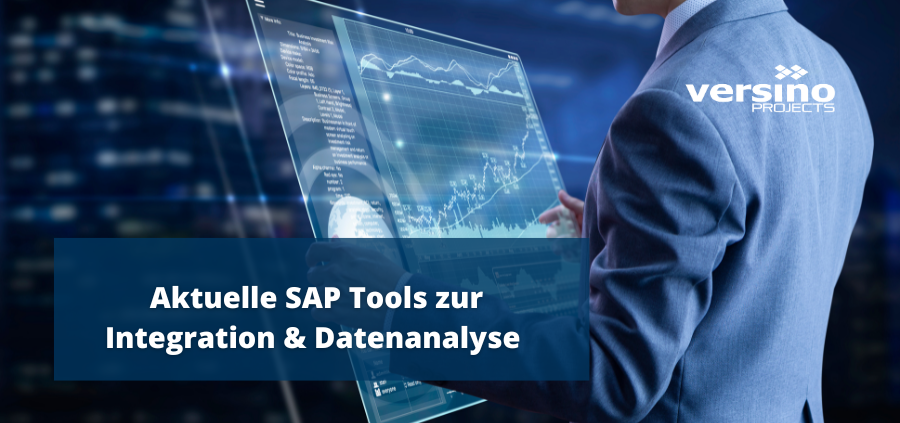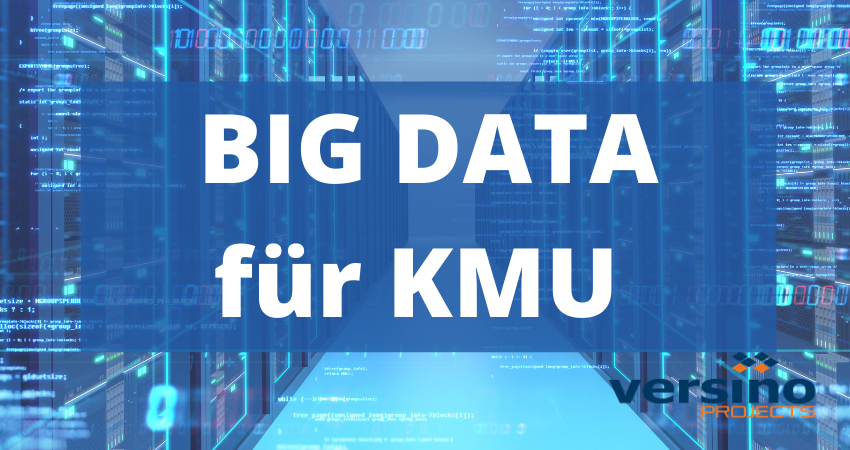A sea of systems, a variety of software: At Medium-sized companies the IT landscape is diverse. But many companies are not aware that the use of diverse parallel systems can be detrimental to company growth. However, the ERP systems has long offered a solution to this problem.
The problem
Different systems are used to manage data in the various departments of a company. These "isolated solutions" communicate via interfaces and exchange data in this way.
However, due to the error-proneness of these interfaces, often not all data reaches its destination. The data then has to be merged manually. Reports and information based on this data produce different results depending on the system.
In order to check these data with regard to their plausibility (without a guarantee for it), resources such as manpower, time and money have to be spent.
In order to be able to guarantee or at least ensure the correctness of the data, they are additionally stored in further software programmes (e.g. MS Excel) saved.
The consequences
- The data is the decision-making and working basis for the management and employees of a company. However, if it is not reliable, it can no longer be used as such.
- Due to such inflexible data management (e.g. often redundant data, because duplicated in different systems), it is difficult to react to changes in the company.
- Control/aggregation of data costs time and money. It can also weaken the company's performance.
The advantages of ERP software as a solution
- Advantage: an ERP solution with central data management. So a Database which can serve as a basis for work.
- AdvantageIntegrated accounting. This allows, for example, evaluations to be created quickly and without manual effort.
- AdvantageReports can be traced back to their smallest database. If a value differs, it can be traced back at any time.
- Advantage: The completeness of the data can be guaranteed.
- AdvantageWith an ERP system, the required data can be accessed and evaluated at any time. This means that the relevant information is always available when it is needed.
© 2014 | Versino Projects GmbH

SAP Integration & Data Analytics Tools 2023

Dashboard functions in MARIProject

More key figures transparency in the ERP system

Data warehouse or data lake

Big Data – Relevant for SMEs?


